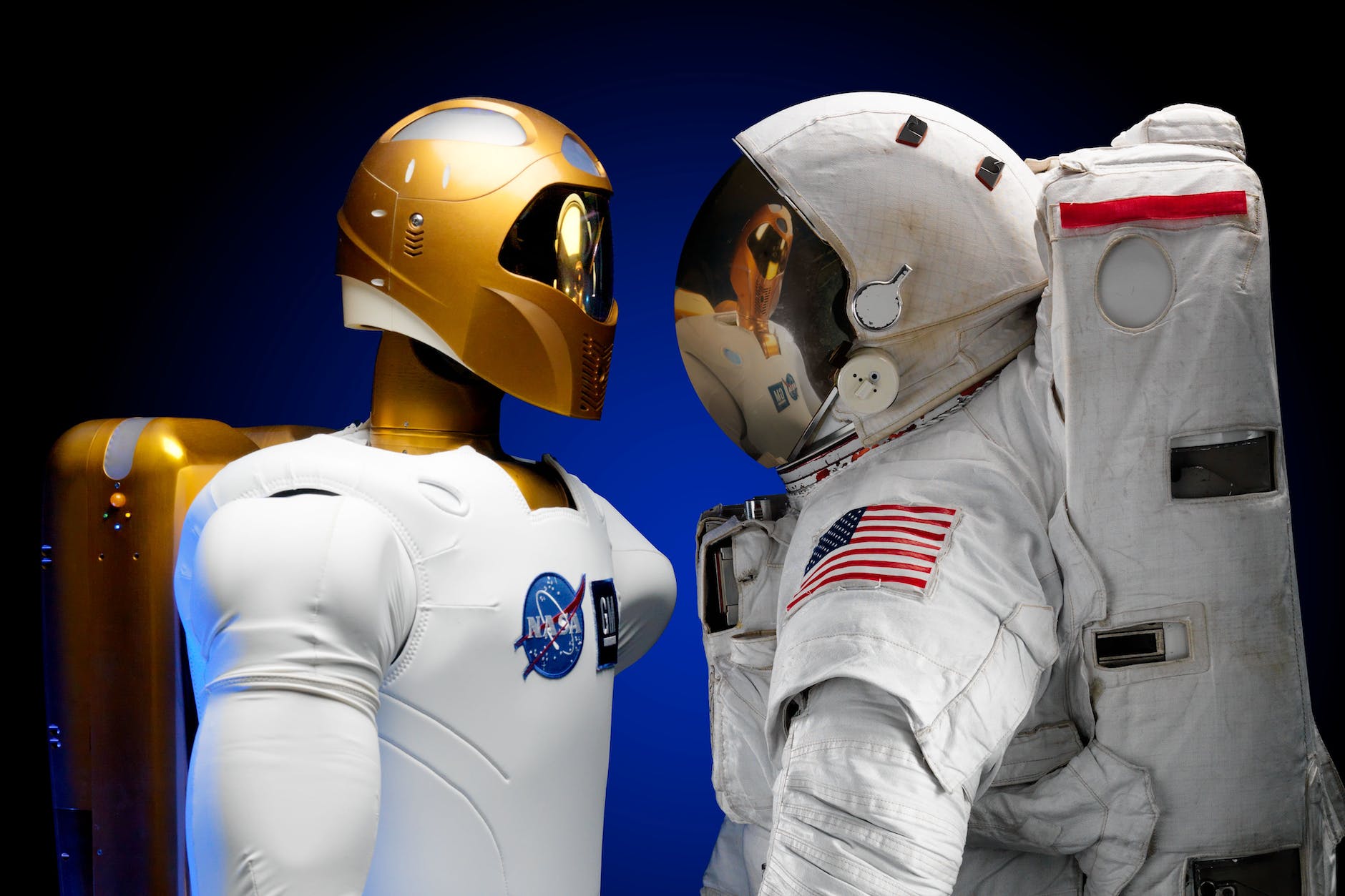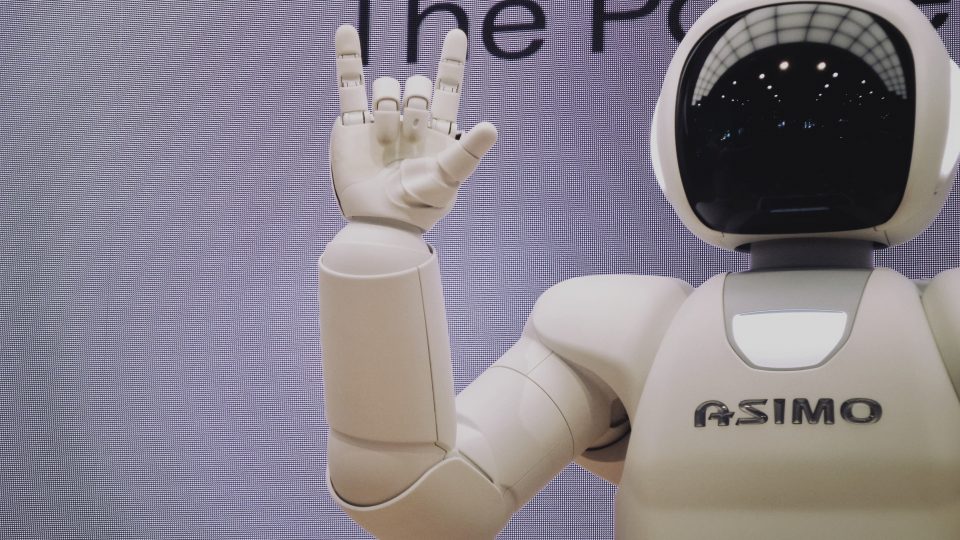Tag: Artificial Technology
-

The Birth of AI and the Evolution of Mankind
Artificial Intelligence is coming and there is no stopping it The birth of artificial intelligence (AI) is a story of how mankind was able to harness the power of computers. Today, thanks to this technology, we can use our smartphones as GPS navigators and search engines and even talk to our computers like they’re human beings.…
-

Speaking My Language
Photo from Unsplash by Ehimetalor Akhere Unuabona Despite the fast paced changes of society in recent years, that can be seen as both negative and positive; there is something to be excited about: the race to space. For years, the space industry has been focused on researching and understanding different galaxies beyond our universe. However,…
-

IAutism
Photo by Possessed Photography on Unsplash Can artificial intelligence be the next leading advancement for those with disabilities? In the year 2021, the world has progressed to help accommodate those who operate in a nuerodiverse manner in society. In fact, progress still continues to this day to help improve their lives from therapy to advanced…
